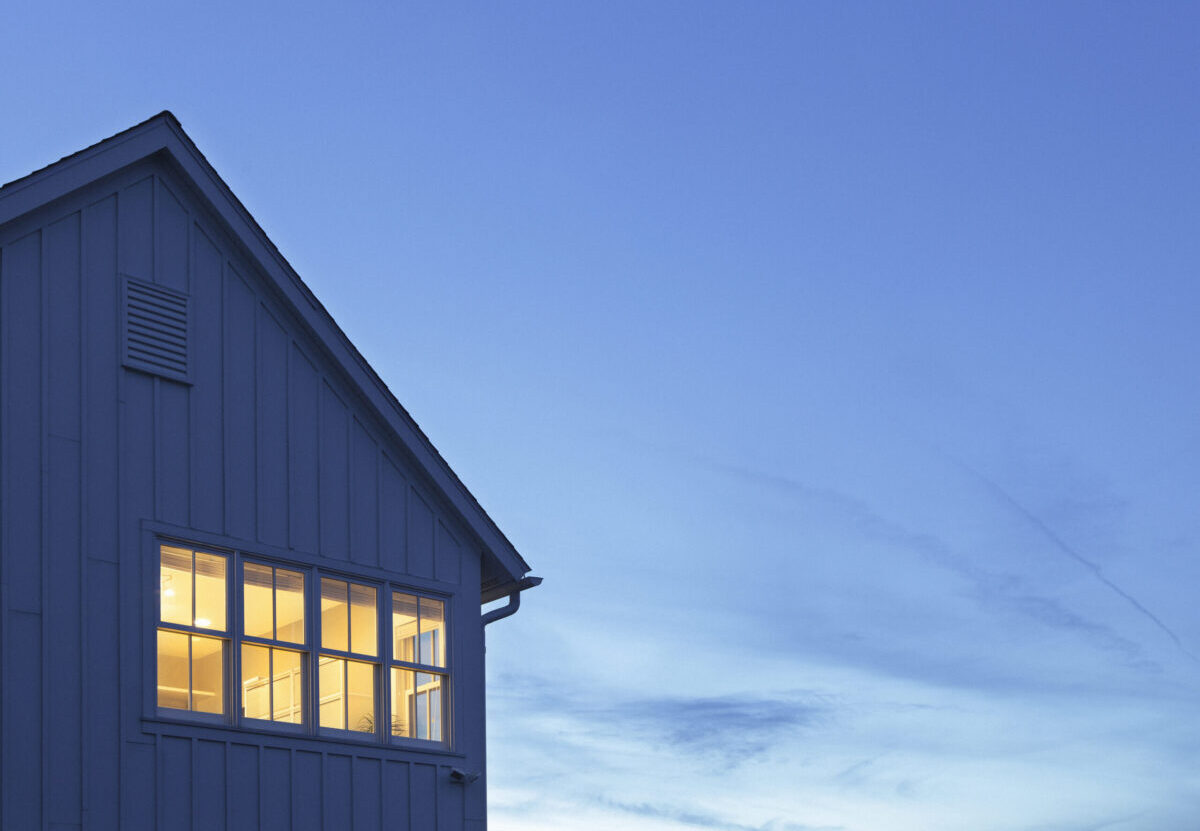Home sweet home should also be home safe home.
“When you think of ‘home,’ you probably think of a safe, comfortable space,” says Dr. Sharon Moore-Caldwell, a medical director with BlueCross BlueShield of Tennessee. “However, safety doesn’t just happen by itself. You have to be intentional about making your home safe to prevent unintentional injuries and harm.”
It’s easy to have good intentions, but it’s harder to follow through on them. Consider some of the most common household hazards and how you can address them to make your home safer.
Common household hazards and how to address them
Dr. Moore-Caldwell: The goal is prevention: of poisonings, fires, falls, and other hazards. Start with these common problems:
Non-working smoke detectors. Do you have enough smoke detectors in your home—and do they work? If they do work, do they have fresh batteries? Test smoke detectors regularly and change the batteries twice a year. Don’t wait for the low battery chirping. Set a reminder in your phone or write the date on your calendar so you don’t forget.
Lint in your clothes dryer. Nearly 16,000 fires occur each year as a result of problems with washing machines and dryers—and 92% of them involve dryers. Lint and dust in the dryer are often the first things to catch fire, followed by clothing. Remove the lint from the dryer filter every time you run it and consider having the vent tube cleaned each year. Also, don’t run your dryer when no one is home.
Carbon monoxide. Gas furnaces, water heaters, gas stoves, and fireplaces can all produce carbon monoxide. Since you can’t smell it, you likely won’t realize if carbon monoxide is building up in your home, creating a very dangerous situation. The Environmental Protection Agency recommends putting a carbon monoxide detector on each floor of your home. It’s a good idea to put them near the bedrooms or sleeping areas. Replace the batteries at least once a year.
Loose rugs and other falling hazards. You can slip or trip and fall almost anywhere, but certain features can make it more likely. Secure carpets and loose rugs to the floor with no-slip strips so your feet don’t slip on them. Also, clear away any obstacles that might block walkways. Don’t leave items on stairwells and in hallways that you might stumble over. Move electrical cords out of the way so you don’t trip over them.
Darkness. Install good lighting in hallways, stairwells, bathrooms and other areas where it’s easy to stumble and fall. Store a working flashlight by your bedside, too.
Improperly stored cleaning products and other chemicals. Most of us have chemicals stored somewhere in our homes. These include household cleaners, detergents, spray paint, insect repellant, to name a few. But are they stored safely and correctly? This is especially important to do if you have pets or small children in your home.
Radon. Radon gas is a problem in Tennessee. At elevated levels, it increases your risk of developing lung cancer. You should consider testing for radon when you are moving into a new home or if you’ve never had your home tested. You can buy a radon kit from a hardware store. You can also request a free test kit from the Tennessee Radon Program.
Fire. If you don’t have a fire escape plan for your home, now is the time to create one. It should include designating a meeting spot, making sure that each room has two ways to escape, and talking to young children about what to do during a fire. And make sure you have fire extinguishers in the home.
Other potential hazards to address
Dr. Moore-Caldwell: You can’t protect against everything. That is why you should have an updated emergency contact list and poison control numbers posted in a central place like on the refrigerator. Make sure adult family members and babysitters know where it is.
If you have babies or young children, there are additional steps that you can take to make your home safer. Consider investing in safety devices like outlet covers, anchors for heavy items like televisions, cordless window coverings and safety latches for cabinets and drawers.
You might also want to take a good look at the area around your home. Broken steps and dangling tree branches could cause potential damage. Old broken toys or other recreational items that pose a risk of injury should be fixed or disposed of.
“There’s no time like the present to improve the safety of your home. Spring is a great chance to declutter and check your fire extinguishers,” says Dr. Moore-Caldwell. “Don’t forget to check your medicine cabinet and get rid of any old, expired medicines, too.”
More from Dr. Moore-Caldwell on WellTuned
Get more information about specific health terms, topics and conditions to better manage your health on bcbst.com. BlueCross BlueShield of Tennessee members can access wellness-related discounts on fitness products, gym memberships, healthy eating and more through Blue365®. BCBST members can also find tools and resources to help improve health and well-being by logging into BlueAccess and going to the Managing Your Health tab.


